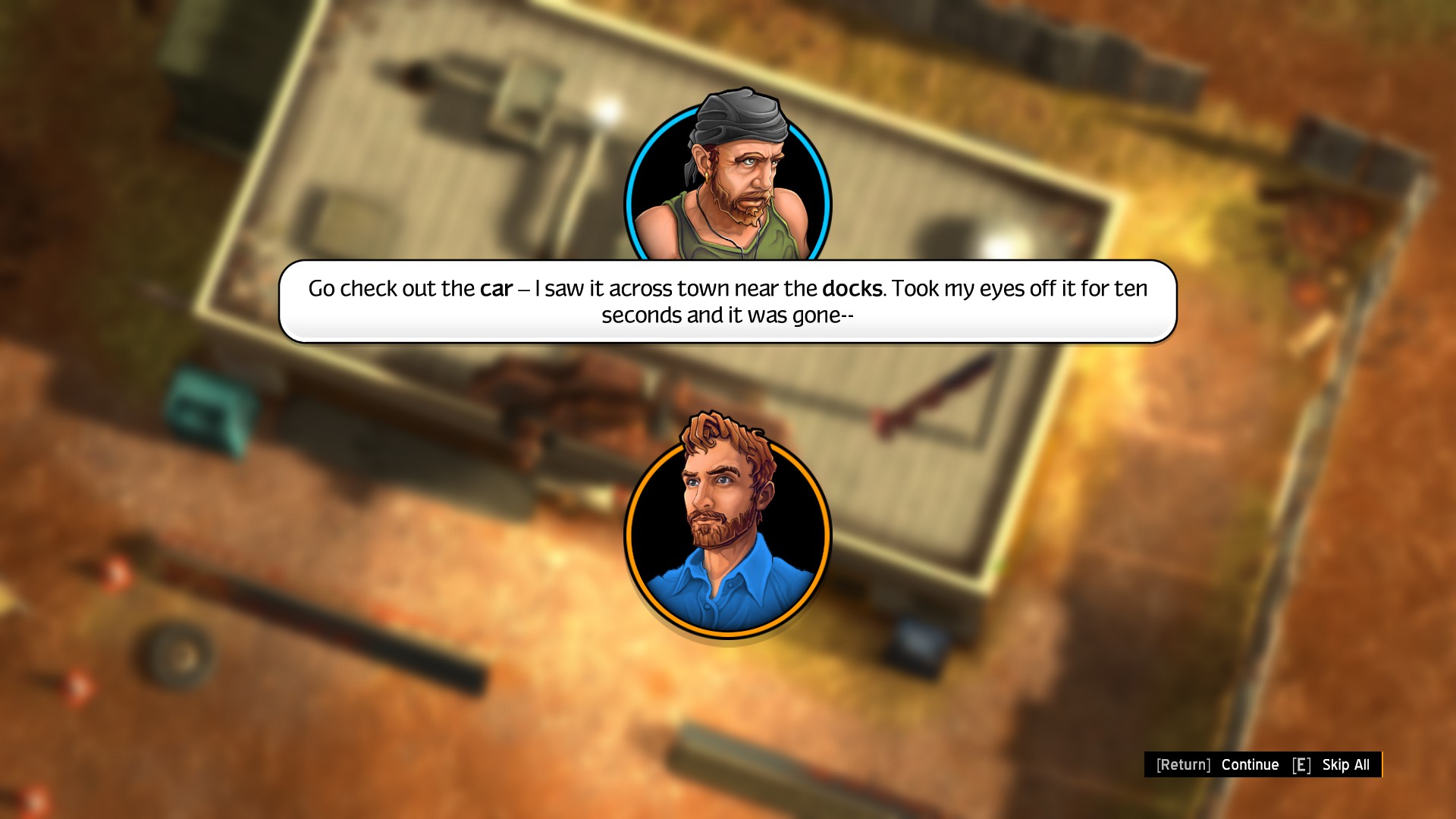Is It a Clone of a More Popular Game?
Introduction
The gaming industry is filled with countless titles, some of which become massive hits while others fade into obscurity. However, a common debate among gamers and critics is whether a new game is an original creation or merely a clone of a more popular one. With so many games sharing similar mechanics, art styles, and concepts, it can be challenging to determine where inspiration ends and imitation begins.
This article explores what defines a game as a "clone," examines notable examples, discusses the ethical and legal implications, and considers whether clones can still offer value to players.
What Makes a Game a Clone?
A game is often labeled a "clone" when it closely mimics the gameplay, mechanics, or aesthetics of a more successful title without adding significant innovation. Some key indicators include:
- Identical Gameplay Mechanics – If a game copies core mechanics (e.g., combat, movement, progression) without meaningful changes, it risks being seen as a clone.
- Similar Visual Style – Art direction, character designs, and UI elements that closely resemble another game can raise suspicions.
- Lack of Original Content – If a game borrows heavily from another without introducing unique features, it may be considered derivative.
- Release Timing – Games that launch shortly after a popular title in the same genre are often accused of being opportunistic clones.
However, not all similarities mean a game is a clone. Many genres have established conventions, and developers often iterate on existing ideas to create something fresh.
Notable Examples of Game Clones
1. Flappy Bird Clones
When Flappy Bird (2013) became a viral hit, countless clones flooded app stores with near-identical gameplay. Many of these copied the simple tap-to-fly mechanic and pixel-art style, offering little to no innovation.
2. PUBG vs. Fortnite Battle Royale
While PlayerUnknown’s Battlegrounds (PUBG) popularized the battle royale genre, Fortnite initially launched as a cooperative survival game before pivoting to a free-to-play battle royale mode. Some accused Fortnite of cloning PUBG, but its building mechanics and cartoonish style set it apart, proving that iteration can lead to success.
3. Candy Crush Saga and Its Competitors
Match-3 puzzle games existed before Candy Crush Saga, but its success led to many similar-looking games with nearly identical mechanics. Some, like Farm Heroes Saga, managed to differentiate themselves, while others were blatant copies.
Ethical and Legal Considerations
1. Intellectual Property (IP) Laws
Game mechanics themselves are not protected by copyright, but assets like art, music, and code are. If a clone copies assets directly, legal action can be taken (e.g., Tetris vs. Mino lawsuits). However, proving a game is a clone based solely on mechanics is difficult.
2. Ethical Game Development
While cloning can be profitable, it often stifles creativity. Some developers argue that cloning harms innovation, while others believe competition pushes the industry forward.
3. Player Perception
Gamers often criticize blatant clones for lacking originality. However, some clones improve upon the original (e.g., Dota 2 refining Dota Allstars), earning respect rather than scorn.

Can Clones Still Be Good?
Not all clones are bad. Some offer refinements, accessibility, or new twists on familiar formulas. Examples include:
- Among Us vs. Mafia/Werewolf – Among Us took the social deduction concept and made it more accessible with a sci-fi theme and real-time gameplay.
- Stardew Valley vs. Harvest Moon – While inspired by Harvest Moon, Stardew Valley expanded on farming sim mechanics with deeper storytelling and customization.
These cases show that borrowing ideas isn’t inherently wrong—execution matters.
Conclusion
Determining whether a game is a clone depends on how much it innovates versus how much it copies. While some clones are shameless cash grabs, others refine and improve existing concepts. The gaming industry thrives on iteration, and many beloved games started as inspired takes on earlier works.
Ultimately, players decide what’s worth their time. If a "clone" offers a fresh experience or improves on the original, it can still be a great game—regardless of its influences.
What do you think? Have you ever played a game that felt like a clone? Did it succeed or fail in your eyes? Share your thoughts!
Tags: #Gaming #GameClones #IndieGames #GameDevelopment #EthicsInGaming #IntellectualProperty #PUBG #Fortnite #FlappyBird #StardewValley


















